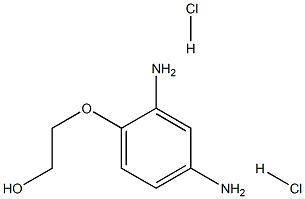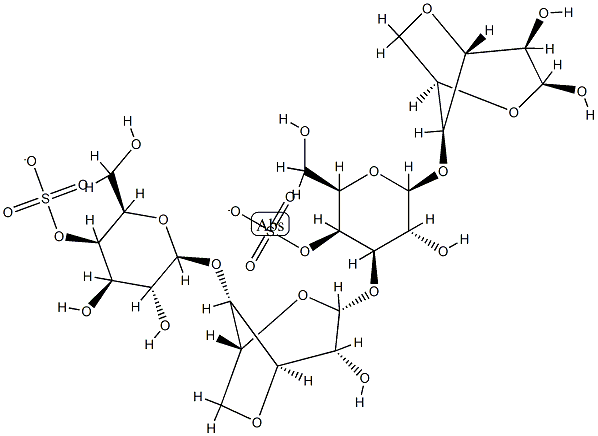Gelatin , CP , 9000-70-8
Synonym(s):
Gelatin;Gelatine;Bovine gelatin;Gelatin from porcine skin;Gelatin, Prionex Highly purified Type A
CAS NO.:9000-70-8
Empirical Formula: C6H12O6
Molecular Weight:
MDL number: MFCD00081638
EINECS: 232-554-6
| Pack Size | Price | Stock | Quantity |
| 100g | RMB63.20 | In Stock |
|
| 500G | RMB199.20 | In Stock |
|
| others | Enquire |
PRODUCT Properties
| Melting point: | >226°C (dec.) |
| Density | 1.2 |
| storage temp. | 2-8°C |
| solubility | H2O: 67 mg/mL at 50 °C, slightly hazy, slightly yellow |
| pka | pKa 3.7to4.5(H2O t=25 I=0.00 N2atmosphere) (Uncertain) |
| form | powder |
| color | Pale yellow to beige |
| PH | 4.0-6.0 (25℃, 67mg/mL in H2O) |
| Odor | Musty odour |
| PH Range | 4 - 7 at 66.7 g/l at 60 °C |
| biological source | Porcine skin |
| Water Solubility | SOLUBLE IN HOT WATER |
| Merck | 13,4393 |
| Stability: | Stable. Hygroscopic. Incompatible with strong oxidizing agents. |
| EPA Substance Registry System | Gelatins (9000-70-8) |
Description and Uses
Gelatin does not occur in nature as such, but is derived by hydrolysis of collagen, the chief protein component in connective tissues of the animal body. The major sources of collagen are cattle hides, pig skins and bones. The resulting gelatin is of two types commonly designated A and B, depending upon which of two processes are used to convert the collagen into gelatin. Type A gelatin is derived primarily from pig skin by acid processing; it has an isoelectric point between pH 7 and pH 9. Type B is from cattle hides and bones by alkaline or lime processing and has an isoelectric point between pH 4.7 and pH 5.1.
gelatin is used as a natural sealant against moisture loss and as a formulation thickener. The films produced by gelatin are tacky when moist and hard, and brittle when dry. It is obtained by the partial hydrolysis of mature collagen derived from the skin, connective tissue, and bones of animals. It does not have the waterbinding ability of soluble collagen.
Safety
| Hazard Codes | Xi |
| Risk Statements | 36/37/38 |
| Safety Statements | 24/25-36/37/39-27-26 |
| WGK Germany | 3 |
| RTECS | LX8580000 |
| F | 3 |
| TSCA | Yes |
| HS Code | 35030010 |
| Hazardous Substances Data | 9000-70-8(Hazardous Substances Data) |
| Toxicity | LD50 orally in Rabbit: > 5000 mg/kg |



